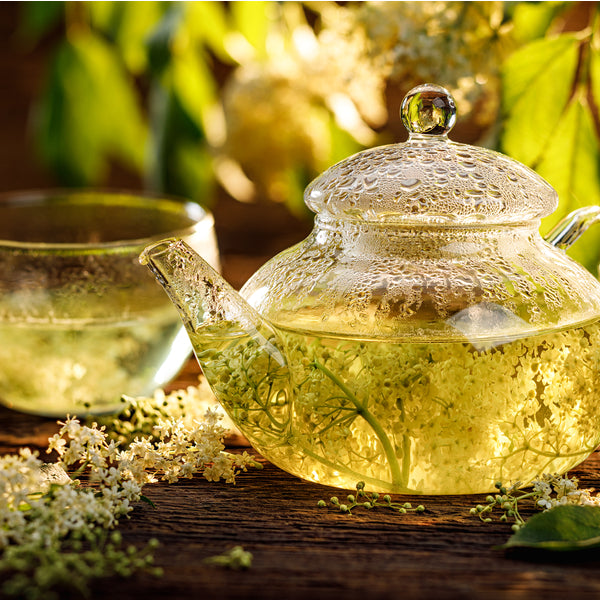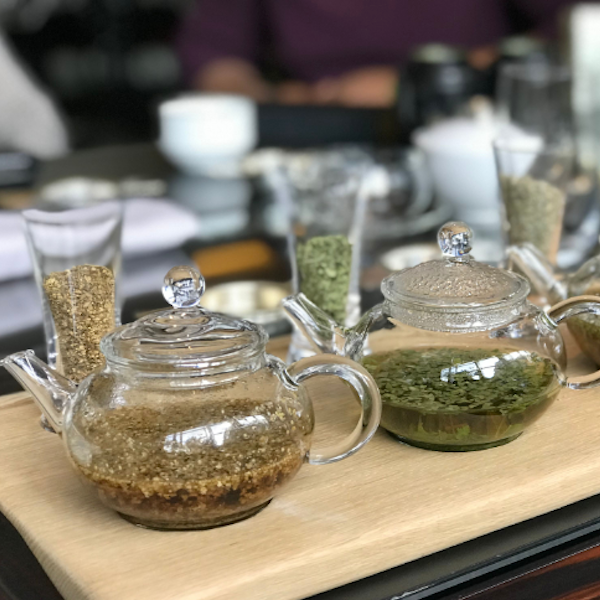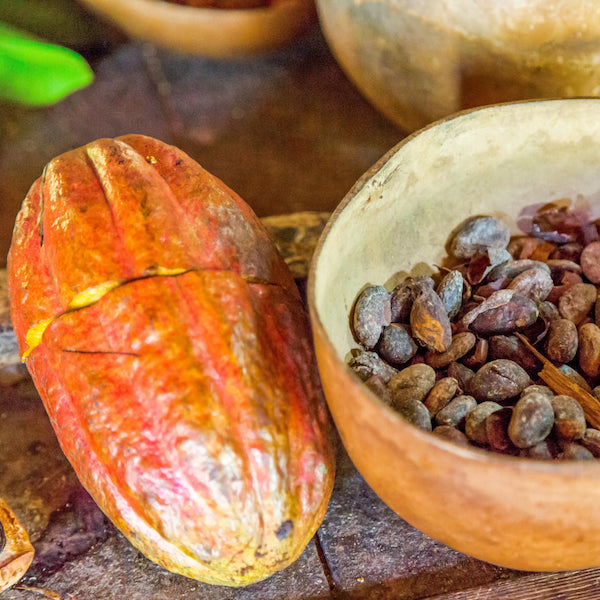Agnus castus, vitex or chaste berry is a herb known mainly for its effectiveness in the treatment of PMS and the regulation of the menstrual cycle. It also helps to relieve the symptoms of menopause and supports the lactation process.
Agnus Castus is a herb whose healing properties should be appreciated, especially by women. The agnus castus berry, which resembles pepper in appearance, has long been used as an herbal drug to stabilise hormone levels. In natural medicine, chaste berry is used to treat hormonal disorders in women, in particular: disorders of the menstrual cycle (scanty or excessive bleeding, intermittent bleeding, anovulatory cycles), premenstrual tension syndrome (i.e. with symptoms of irritability, mood swings, headaches, swelling), and painful swelling of the breasts. Moreover, chaste berry has a diuretic, diaphoretic, antipyretic, antispasmodic, disinfecting, sedative and choleretic effect. So how does agnus castus actually help during your time of month?
Agnus Castus will ease the symptoms of PMS
The main cause of premenstrual syndrome (PMS) is the hormone battle associated during the menstrual cycle. In the first half of the cycle, the level of oestrogen increases, while in the second half of the cycle, the level of progesterone increases. If the production of progesterone is insufficient, a hormonal imbalance and therefore unpleasant ailments may occur. However, the main cause for PMS symptoms may be attributed to prolactin – a hormone produced by the pituitary gland that is responsible, inter alia, for the lactation process. An abnormal increase in prolactin levels will result in symptoms such as emotional lability, headaches and breast pain.
Although agnus castus does not contain hormones or hormone-like substances, it still has a beneficial effect on hormone balance and may help in regulating the menstrual cycle. Scientific studies have shown that chaste berry extract blocks the secretion of prolactin from the pituitary gland. Agnus castus may therefore normalise the concentration of progesterone and phase II of the menstrual cycle, and thus – reduce menstrual irregularities and symptoms of premenstrual tension, including irritability, fluctuating moods and pain.
Agnus castus restores the hormonal balance and thus helps to alleviate the discomfort associated with menopause in women.
These include irregular menstrual bleeding, hot flush, palpitations and insomnia. Studies have shown that chaste ethanol extracts increase the uterine weight of rats, as well as increase progesterone and oestrogen levels, and decrease luteinizing hormone and prolactin levels. Apigenin and penduletin, which are selective agonists (chemicals which bind to a receptor and activates the receptor to produce a biological response) of oestrogen receptors, are probably responsible for the oestrogenic effect. Moreover, apigenin has also been shown to be progestogenic. It has also been found that the essential oil of both the berries and the leaves can be effective in this case.
Despite the promising results of animal studies, there is currently a lack of relevant studies involving humans which could confirm its effectiveness in reducing the symptoms of menopause, however science is slowly catching up.
To learn more and for support during your time of month, visit our page on agnus castus.
Do not consume if taking dopamine-related medications or Parkinson’s disease medications, the pill, fertility drugs, HRT or undergoing any other hormonal treatment.

















